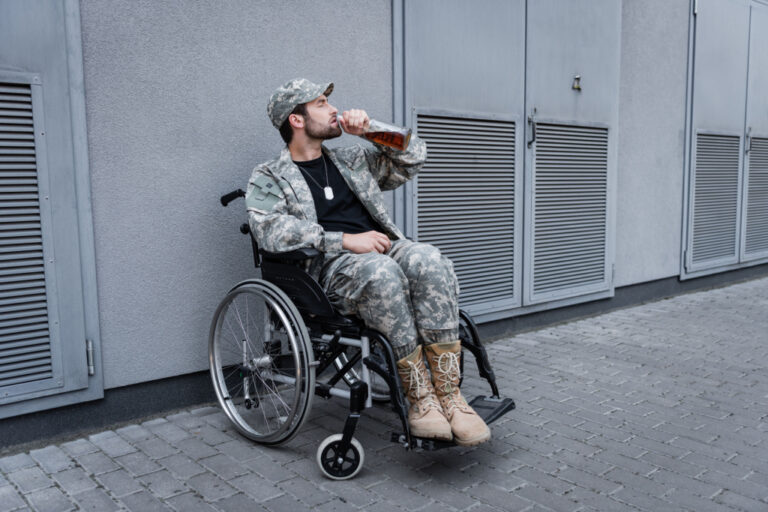VA disability compensation is a monthly payment paid to veterans who have a qualifying service-connected disability. It is designed to provide financial support to veterans for serving our country. Something that can cause financial uncertainty is divorce. While VA disability compensation is intended to be just for the veteran, the financial aspects of divorce, including alimony, child support, and the division of assets, can bring the veteran’s benefits into question. In this blog, we will be covering the different ways divorce affects VA disability compensation to help veterans and families plan their finances accordingly during a divorce.
Learn More: What Benefits Can Spouses of Veterans Receive?

Divorce and VA Disability Compensation
VA disability compensation is federally protected, but certain states may have laws regarding how these payments are treated in divorce. It is important to check your state laws to see if they have any specific requirements for VA disability compensation in divorce.
Can VA Disability Be Divided in Divorce?
One common question that veterans going through a divorce often ask is if the divorce will affect their VA disability payments. The answer is no. VA disability compensation is protected from being divided as marital property during divorce proceedings under federal law. Unlike retirement benefits or pensions, which can be divided, VA disability payments are for the veteran alone.
While VA disability cannot be divided as property in a divorce, it can be considered when determining spousal support or alimony. Alimony is a legal obligation of one spouse to pay another in a divorce, usually in cases where one spouse has a higher income than the other. When determining a veteran’s financial situation, the court may take VA disability payments into account.
How VA Disability Can Factor into Child Support Calculations
One factor that may have more of an impact on VA disability compensation is child support. Courts often consider VA disability compensation as part of a veteran’s overall income when determining child support. While VA benefits themselves can’t be directly garnished for child support, they can still play a role in deciding how much a veteran needs to contribute.
If you have dependents your VA disability benefits may be divided to help support them, even if you aren’t living with them. This is called apportionment. It ensures that dependents who rely on your financial help receive a portion of your VA benefits, especially if you’re not providing enough support on your own.
How Does Apportionment Work?
Apportionment can apply to your children or spouse if they require financial support. The court wants to make sure everyone is taken care of by looking at your income, the needs of your dependents, and whether dividing the benefits would leave you financially challenged.
What If Your Family Situation Changes?
If your family status changes it can affect how your benefits are divided. For example, if your ex-spouse remarries, they may no longer be eligible to receive part of your benefits. Changes in who has custody of your children can also shift where the money goes.
Navigating VA Disability Compensation During Divorce
Divorce can bring up a lot of concerns, especially when it comes to your VA disability benefits. While your benefits typically aren’t considered marital property, they may still come into play when it comes to things like alimony, child support, or dependents. Life changes like remarriage or shifting custody arrangements can also affect how your benefits are handled.
It’s important to protect your rights and ensure your VA disability compensation is treated fairly. If you’re going through a divorce, reach out to Veteran Law Attorneys for personalized advice and support on safeguarding your benefits.






